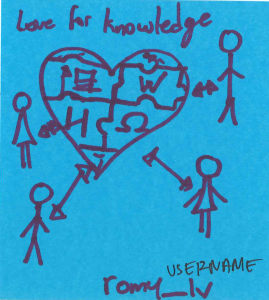
Introduction: In today’s digital age, establishing an online presence is crucial for businesses, bloggers, and individuals alike. One of the first steps in creating a website is purchasing a domain name. However, concerns about privacy and security have led many to seek ways to buy a domain anonymously. In this guide, we’ll walk you through the process of buy domain anonymously name while keeping your personal information safe and secure.
1. Understanding the Importance of Anonymity
Before diving into the details, let’s explore why anonymity matters when purchasing a domain. When you register a domain, your personal information, including your name, address, phone number, and email, is stored in the WHOIS database. This information is publicly accessible and can potentially expose you to spam, scams, identity theft, and unwanted solicitation.
2. Choosing a Privacy-Enhanced Domain Registrar
Selecting the right domain registrar is crucial when aiming for anonymity. Look for registrars that offer domain privacy services. These services replace your personal information with generic contact details, effectively shielding your identity from public view.
3. Utilizing Domain Privacy Services
Domain privacy services, often referred to as WHOIS privacy or privacy protection, allow you to keep your personal information hidden. When someone performs a WHOIS lookup, they will see the contact details of the privacy service provider instead of your own.
4. Registering with Anonymous Payment Methods
To further enhance your anonymity, consider using anonymous payment methods. Cryptocurrencies, prepaid debit cards, and virtual credit cards are examples of payment methods that don’t require revealing your real identity. These options add an extra layer of security to your domain purchase.
5. Registering Through a Third Party
Another method to maintain anonymity is to purchase the domain through a trusted third party. This could involve having a friend or a trusted associate register the domain on your behalf. Be sure to establish clear terms and agreements to ensure that you have control over the domain despite not being the official registrant.
6. Using a VPN or Proxy Service
When interacting with domain registrars’ websites, using a Virtual Private Network (VPN) or proxy service can add an additional layer of security. These tools hide your IP address and encrypt your online activity, making it harder for anyone to trace your actions back to you.
7. Being Cautious About Email Communication
While buying a domain, you might need to communicate with the registrar’s customer support or receive important notifications. To maintain anonymity, consider using an encrypted email service or creating a temporary email address.
8. Regularly Reviewing and Renewing Privacy Settings
After successfully purchasing a domain anonymously, make it a habit to periodically review your privacy settings. Ensure that your domain registrar’s privacy protection is still active and that your contact information remains hidden.
9. Ensuring Legal Compliance
While anonymity is important, it’s essential to follow legal guidelines when registering a domain. Make sure you’re not using false information to deceive or engage in illegal activities. Anonymity should protect your privacy, not be used for illicit purposes.
10. Weighing the Pros and Cons
Before deciding to buy a domain anonymously, carefully consider the pros and cons. While anonymity adds an extra layer of security, it might also limit your ability to fully manage the domain or receive important notifications directly.




